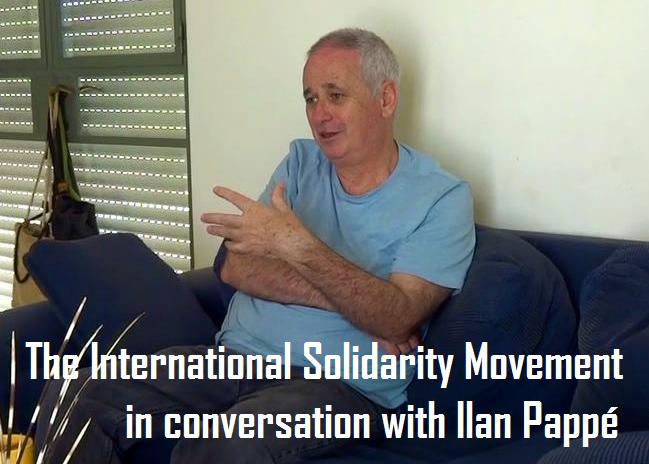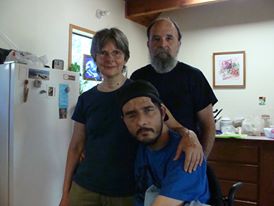Category: Press Releases
-
Second interview with Ilan Pappé: “The basic Israeli ideology – Zionism – is the problem”
11th July 2013 | International Solidarity Movement | Haifa Ilan Pappé is an Israeli academic and activist. He is currently a professor at the University of Exeter (UK) and is well known for being one of the Israeli “new historians” – re-writing the Zionist narrative of the Palestinian Israeli situation. He has publicly spoken out…
-
Parents of Tristan Anderson, US activist critically wounded following West Bank protest, appeal to High Court of Israel
9th July 2013 | Justice for Tristan | Jerusalem Parents of US Activist Critically Wounded Following West Bank Protest Appeal to High Court of Israel: The Police Investigation was Shockingly Negligent – Demand a Serious, Professional Investigation into the Shooting of their Son. Tristan Anderson (41, of Oakland, CA) was severely wounded after having been…
-
Palestinian fisherman injured in an accident while escaping Israeli gunship attack
6th July 2013 | International Solidarity Movement, Rosa Schiano | Gaza, Occupied Palestine In the early hours of the morning of Sunday June 30th 2013, Sharif Arafat, a 30-year-old Palestinian fisherman, was injured on a fishing boat off the coast of Soudania, North of the Gaza Strip. The captain of the boat, Nafiz At Habeel,…


